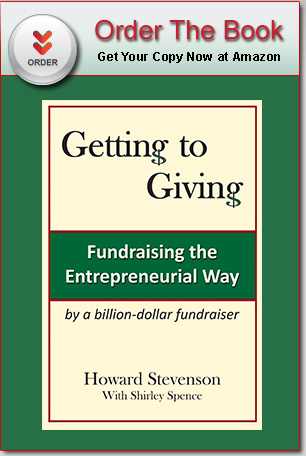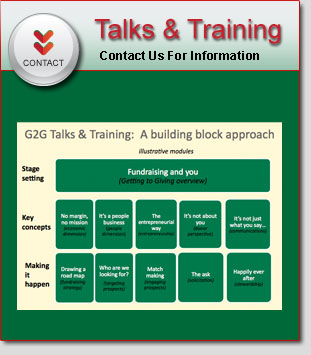This February 23 headline from Philanthropy Today – “Male Donors Respond Best to Pitches that Stress Self-Interest” – attracted some attention. The byline was equally provocative: “Attention fundraisers: Stop trying to pull on men’s heartstrings.”
According to the article’s author, Stanford researchers have documented an “empathy gap” between male and female donors. It seems that women are more likely to help the poor because they are more empathetic and compassionate than men, who are motivated by self-interest.
Here’s how the study worked. A fictitious charity called the Coalition to Reduce Poverty made four different online pitches to 1,715 people:
- Efficacy pitch: More than 98% of donations go directly to the poor.
- Conformity pitch: Many other donors are getting involved.
- Social injustice pitch: People born into poverty lack opportunities.
- Self-interest pitch: Poverty hurts the economy and exacerbates crime and other social problems.
There are so many things wrong with this picture. Here are my three main problems.
First, the efficacy pitch’s metric (% of donations to beneficiaries) measures efficiency, not effectiveness. The tired debate about overhead lurks in the shadows. Maybe it’s better to devote more money to understanding the fundamental problem.
What is an appropriate measure, you may well ask. Taking the poverty example, there are two kinds of support, each with different metrics: (1) Am I giving to a person without food so he can eat? (2) Am I making systemic change to break the cycle of poverty for poor kids?
The first is a hopeless task. The second can lead to significant and sustainable change by providing education, eliminating unplanned pregnancies, and providing jobs and housing. As the saying goes, “Give a man a fish and you feed him for a day; teach a man to fish and you feed him for a lifetime.”
Which brings me to my second problem. I would argue that “self-interest,” as characterized in the study’s pitch, really is more about systemic change – understanding the big picture and identifying the leverage points – than advancing a personal agenda.
My third objection is that the gender argument makes no sense. If anything, a shift to a more systemic approach (i.e., self-interest) reflects experience and an interest in having a significant impact on a problem, not gender.
I know lots of empathic men, and hard-as-nails women. And each of them will have his or her own motivations for giving (or not giving) to your cause and your organization. Fundraising is about understanding those motivations, and appealing to both the head and the heart.



